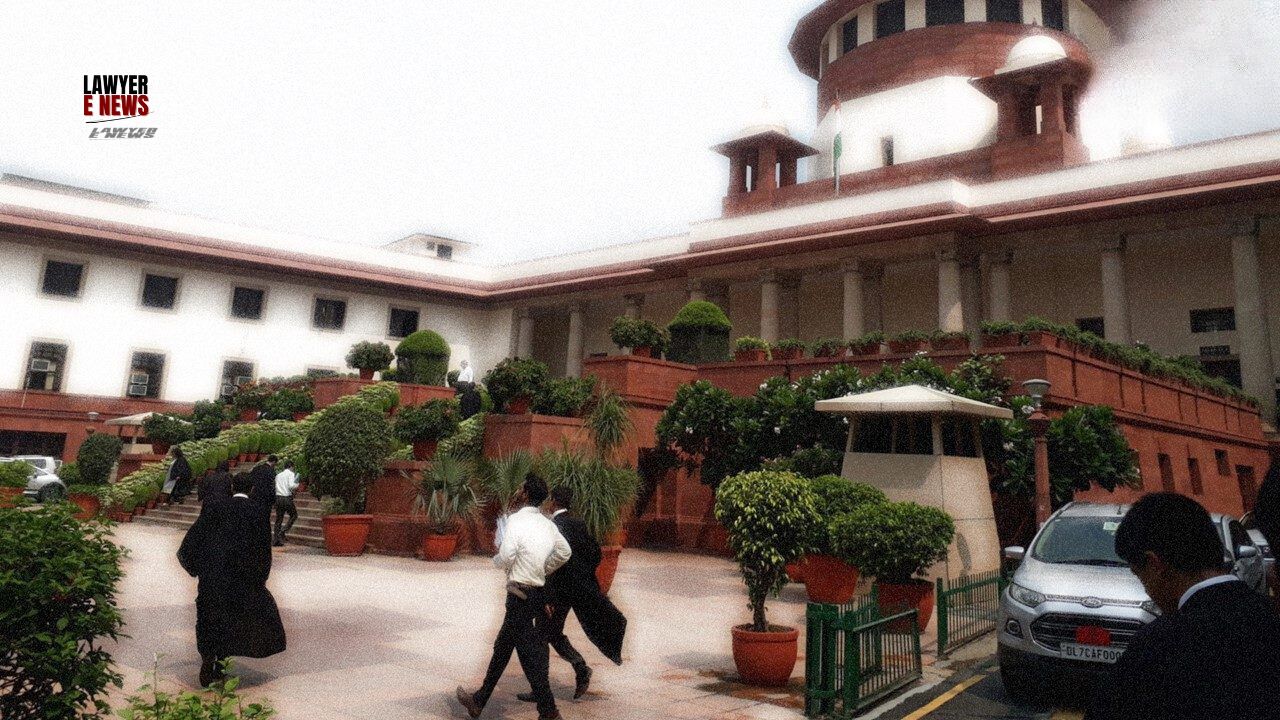-
by Admin
16 February 2026 1:47 PM



“You Must Prove He Provoked or Aided the Suicide — Mere Quarrels or Separation Don’t Make It Abetment,” In a significant judgment with wide implications on how courts evaluate evidence in cases of suicide, the Supreme Court of India acquitted Ravindra Singh, a man convicted for abetment of suicide under Section 306 IPC, ruling that the mere existence of marital discord is insufficient to prove the offence of abetment.
Setting aside concurrent findings of guilt by the Trial Court and the Uttarakhand High Court, the Bench of Justices J.K. Maheshwari and Aravind Kumar ruled that while the wife’s death was tragic — she suffered burn injuries resulting in death — there was no concrete evidence that her husband instigated, conspired, or aided the act of suicide.
“The testimonies of star witnesses — her parents and brother — may establish that the marriage had issues. But they do not bring out any act of the appellant that instigated or facilitated the suicide. That's not abetment under law.”
“Even Extra-Marital Affair Allegations Were Unproven — Prosecution Couldn’t Show Any Direct Link Between Husband’s Conduct and Wife’s Suicide”
The deceased, Cheta Devi, was found dead due to burn injuries on the night of 15–16 May 1997, in her matrimonial home at Pangar. While initial allegations suggested murder, the police later filed a chargesheet under Section 306 IPC, accusing Ravindra Singh and his relatives of abetting suicide.
However, the Supreme Court noted that the prosecution’s entire case rested on strained relations and unproven allegations of an affair with one Bhawani Devi, which were not corroborated in court.
“The testimony of the parents and brother of the deceased, even if taken at face value, does not contain any incident that shows instigation or facilitation of suicide.”
The Court observed that while the deceased had once filed a complaint before the school principal where the husband worked, and a settlement was recorded at the police station, these incidents did not demonstrate a continuous course of conduct that would push someone into suicide.
“Prosecution never linked these incidents directly to the act of suicide. Nor did it bring them within the fold of Explanation 2 to Section 107 IPC.”
“Section 107 Requires Provocation or Aiding the Act — Without That, There Can Be No Conviction Under Section 306”
The Court meticulously examined Section 107 IPC, which defines abetment, and concluded that none of the ingredients — instigation, conspiracy, or intentional aid — were satisfied in this case.
“There was no evidence to show that the accused did any act or illegal omission prior to or at the time of suicide that facilitated or encouraged the act.”
Citing Amalendu Pal, Chitresh Kumar Chopra, M. Mohan, and Velladurai, the Court stressed the requirement of mens rea (mental element) in abetment cases. It rejected the argument that prior quarrels or marital separation automatically imply abetment.
“A quarrel or broken marriage cannot be presumed to be the cause of suicide. Each suicide is unique. The law requires a specific act of provocation, encouragement or aid.”
“The Trial Court and High Court Erred — Their Findings Rested on Emotional Reasoning, Not Legal Proof”
The apex court criticized the lower courts for relying on generalized suspicion and emotional weight, instead of evaluating whether the legal test under Section 306 IPC was met.
“Conviction cannot rest on emotions or sympathies. It must rest on proof. The prosecution here failed to cross the threshold of reasonable doubt.”
“In absence of any cogent evidence, the conviction under Section 306 IPC cannot be sustained. The findings of the trial court and High Court are set aside.”
With these words, the Supreme Court allowed the appeal, acquitted Ravindra Singh, and directed that his bail bond stand discharged.
Date of Judgment: February 13, 2025
